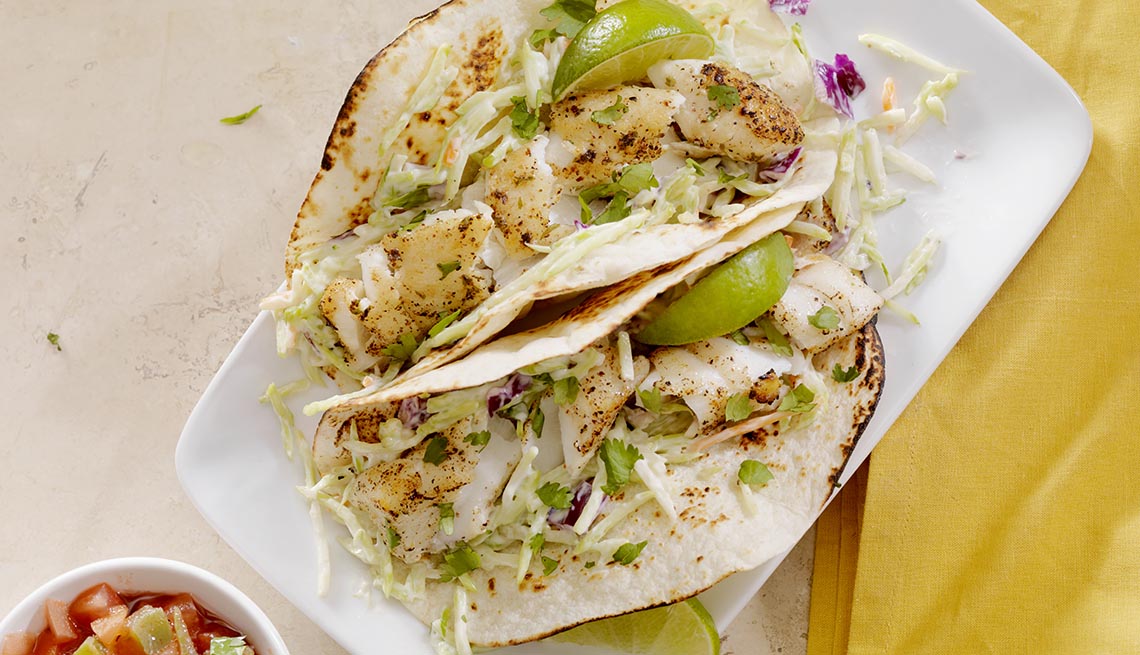The London Early Years Foundation won the Health and Wellbeing Gong at the Nursery World Awards 2020. Michelle Samuels, LEYF Apprentice Manager, talks about the LEYF Early Years Chef Academy and the qualification that has made it a front runner
By now, many in the industry will be familiar with the shocking statistic that one in five children is overweight by the time they start elementary school and one in three children is overweight by the time they graduate.
LEYF decided to do something about it and launched the Early Years Chef Academy in July 2019. The simultaneously introduced Level 2 CACHE diploma for food production and cooking in early years is the only specific qualification for chefs who work in environments with children up to eight years of age. LEYF’s goal for this initiative is to introduce the chef qualification in all UK kindergartens as there is currently no guidance and training for the chefs responsible for cooking and serving kindergarten meals.
Our first cohort consisted of six LEYF kindergarten cooks who used our bespoke training kitchen at the Stockwell Gardens Nursery. The theoretical part of the training was carried out at the London South East Colleges (LSEC). All six received awards, and a second cohort of LEYF chefs is close to completing their course. The kitchen was renovated with part of a £ 130,000 donation from Guy’s and St Thomas’ Charity, which was also used for training and equipment.
At the time of launch, Jon Siddall, director of funding for the charity said, “Our work suggests that the provision of food in kindergartens has a high impact on the nutrition of children. The Cooking Academy will serve as a launch pad to better understand the needs of vendors at a young age and ways to make these environments healthier. ‘
THE CHEFS AT WORK
Our evaluation interviews found that the training had changed chefs ‘cooking practices, which in turn had an impact on families’ attitudes towards eating at home. The chefs were more confident in teaching portion control to staff teams to avoid previous situations where staff allowed children to overeat. The cooks were also more comfortable sharing their views on healthy eating with children and their families.
An example of this was one of our chefs who was helping the parents of a morbidly obese seven month old baby. The baby slept all day and never moved or participated in the nursery on its own. The newly trained chef was able to talk to the mother about her child’s eating habits – he was getting his full milk allowance in addition to solid foods and would be upset if he didn’t get those amounts in kindergarten – and offered support and knowledge to help her get the benefits to understand portion control. After only three months in kindergarten, this child has now lost weight and learned to crawl.
Another example of parenting nutritional education and helping families in need was the concept of a bag containing all the ingredients for a simple and healthy meal that parents can prepare at home with their child. Some of the parents visited food banks but were not always sure how to prepare a nutritious meal from the foods available. We didn’t want parents to be ashamed or stigmatized, so we made this a home learning activity. This was repeated when required for these parents and was carried over to other settings besides the regular recipe cards that ran out.
We also found that children had improved energy levels since exercising. Children who attend kindergarten all day often have most of their meals here, while children in disadvantaged areas may only attend part-time and their only meals are consumed in kindergarten. Hence, it is important that we consider the nutritional value that is offered for all of our meals.
Kindergarten menus
We had families report that their children were excited to come home and share their knowledge of healthy eating and portion control. Parents also commented on how the kindergarten menus helped encourage the use of vegetables as part of their home meals and cut their weekly grocery bills.
Along with all the positive feedback, parents often requested the written recipes from our cooks and commented that their children really enjoy eating kindergarten food.
During the pandemic, we looked at how we can continue to support child nutrition at home. As a result, we created a series of recipe demonstrations on LEYF’s YouTube channel for dishes such as ginger and chicken noodles and spinach and butter bean macaroni. The videos presented by our Cooking Academy alumni are a great way to reach a number of parents. You can access it as you wish. Presentation in a two- to three-minute video is beneficial for those less familiar with cooking skills.
To ensure that the LEYF menus are in line with the skills imparted as part of the qualification, we have revised our first set of four-week menus to reflect our chefs’ new knowledge of how to adapt food to different communities. For example, soups were extremely popular in one setting but the least popular dish in another. Most of the children who attended this kindergarten came from families where much of their cooking was based on dry and finger foods. So we’ve incorporated these findings to ensure the menus are balanced and suit our diverse communities.
Before the pandemic, our chefs’ increased self-confidence meant they were taking action outside of the kindergarten kitchen. This included holding cooking workshops for parents, demonstrating how to cook simple dishes and growing fruit and vegetables in kindergartens (if available, the cooks receive fresh herbs from their kindergartens with the help of the children). At LEYF we are really committed to ensuring that the chefs are part of the team on the floor – not just in their kitchen.
At the organisation’s annual conference there is also an annual “Masterchef Challenge”, in which our chefs are given tasks such as recognizing ingredients in dishes or cooking in a team in order to promote personnel development and team building.
DEVELOPMENT OF THE ACADEMY
With our chefs serving in 39 kindergartens, we have realized the need for a focused support network and have recently created the Head Chef role. These are chefs who spread the knowledge acquired in the Cooking Academy to ensure that all of our kindergartens benefit from it until all chefs are able to complete the qualification and make this standard of food supply consistent across the group.
The current pandemic has delayed the completion of the second cohort and unfortunately has resulted in fewer cooks continuing the course. It has also limited the number of chefs signed up for the qualification. However, we can see the positive effects the Cooking Academy is having in our kindergartens and we want to cascade this using a more formal and rigorous framework. This would not only provide a qualification in terms of food production in line with cooking in the early years, but fully embrace all aspects of cooking in the early years – from the role of a chef on the team to understanding how to use the food directly related to the development of the child.
To this end, we will review the qualifications, take into account the recommendations of the academy’s alumni, and operate several cohorts with a revised specification.
The Cooking Academy aims to be a source of advice and support for young chefs across the UK. We are interested in forming a “coalition of early cooks” to expand the conversation to include cooks from the first few years. If you are interested, contact us by email at L & D@leyf.org.uk.




:format(jpeg):background_color(fff)/https://www.manners.nl/wp-content/uploads/2019/08/Schermafbeelding-2019-08-08-om-10.36.20.png)






